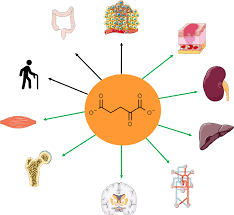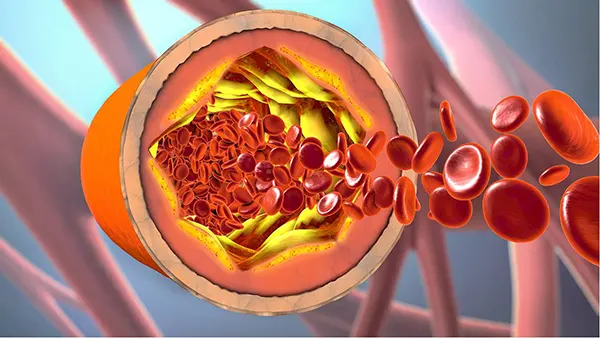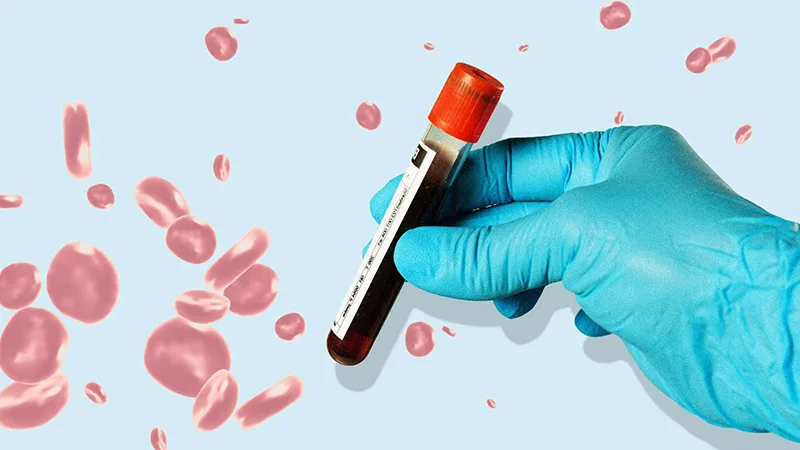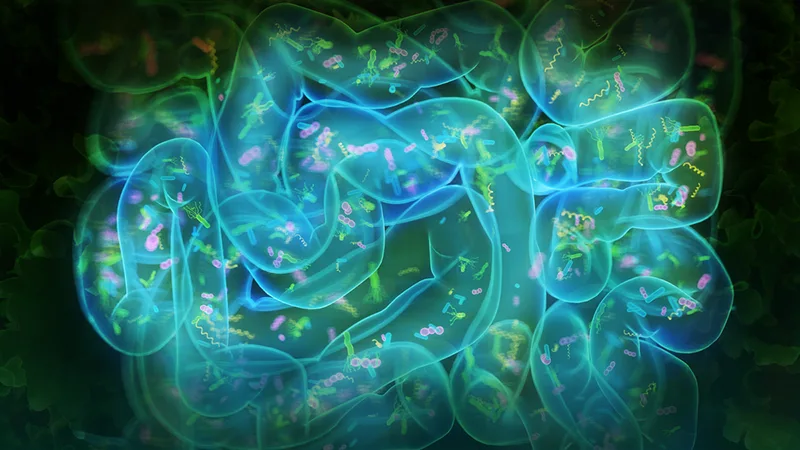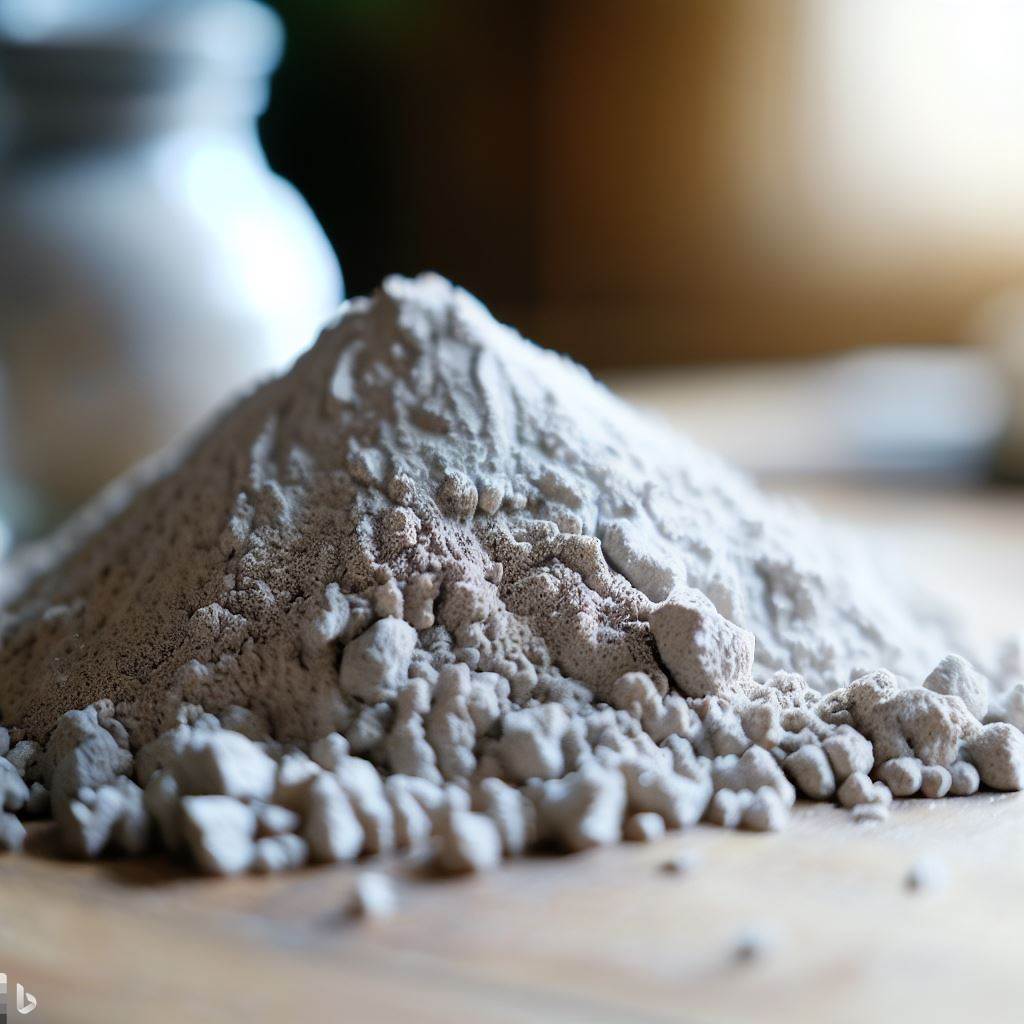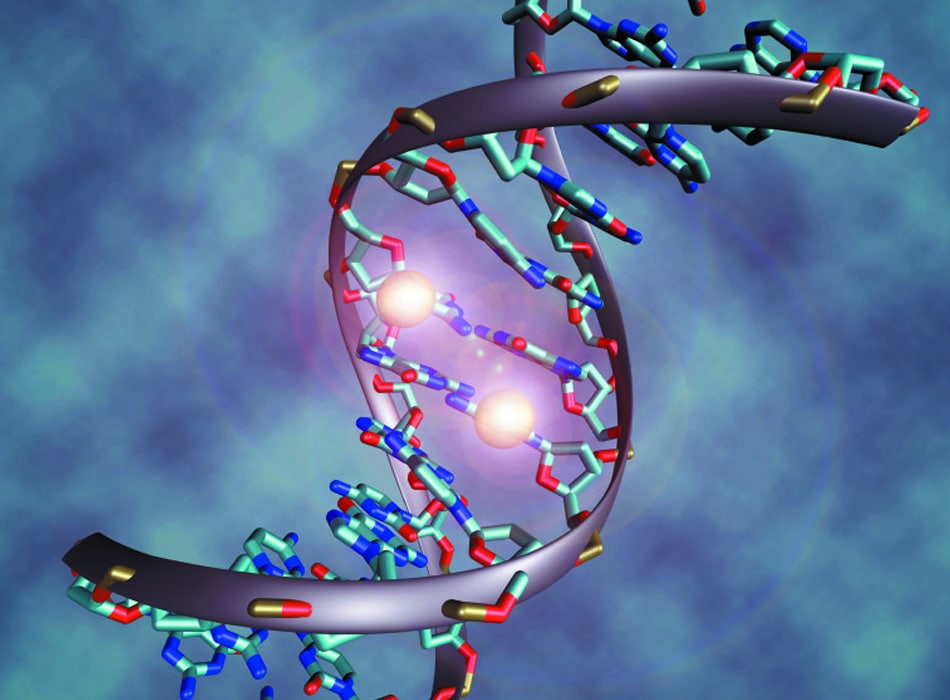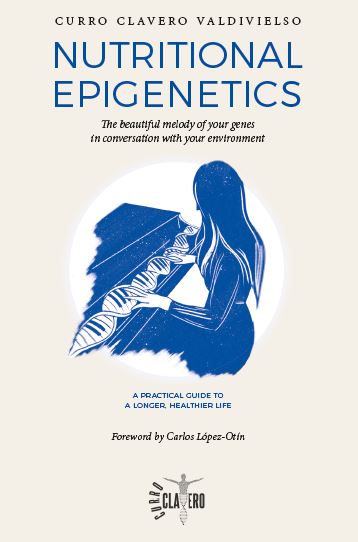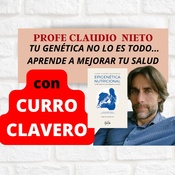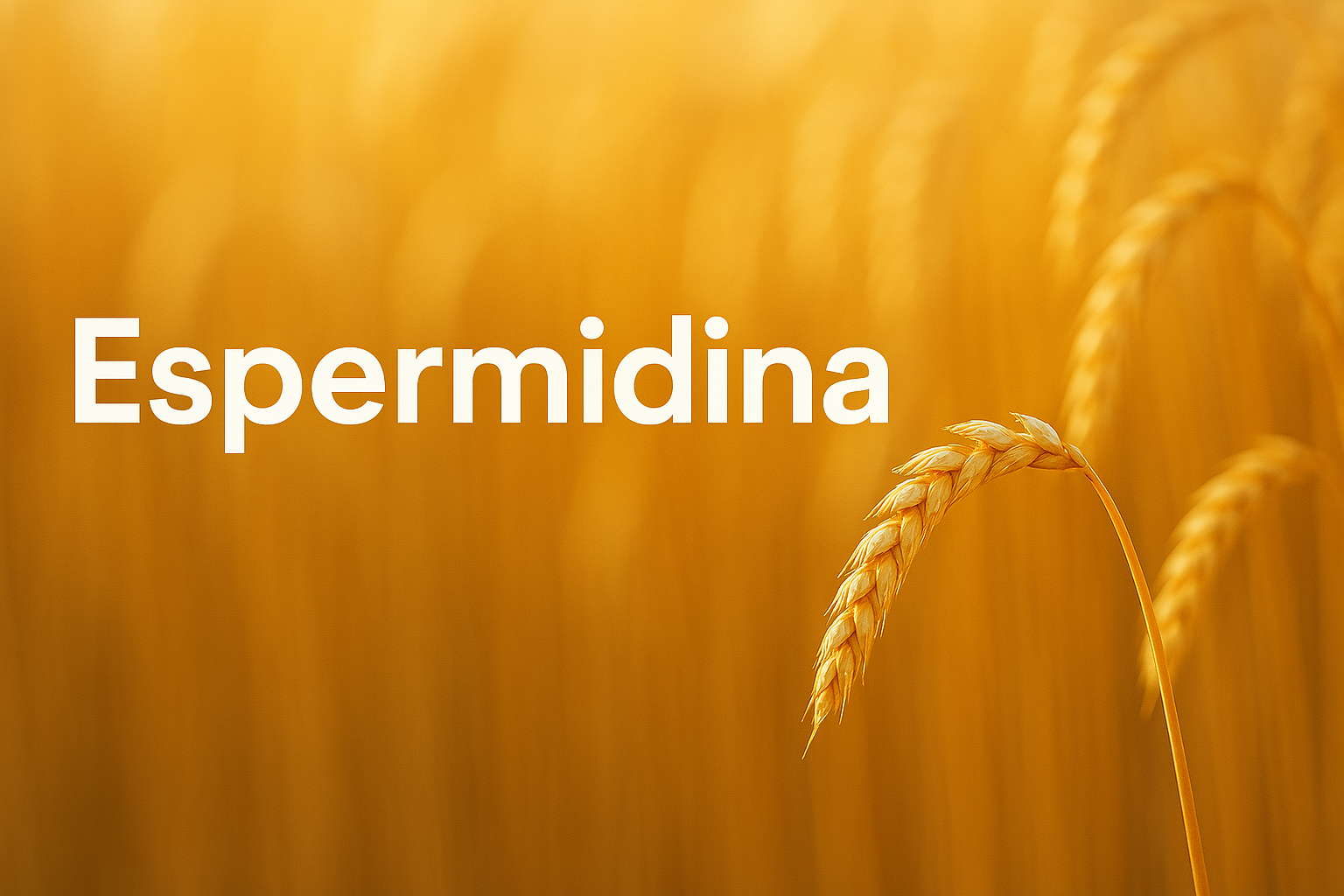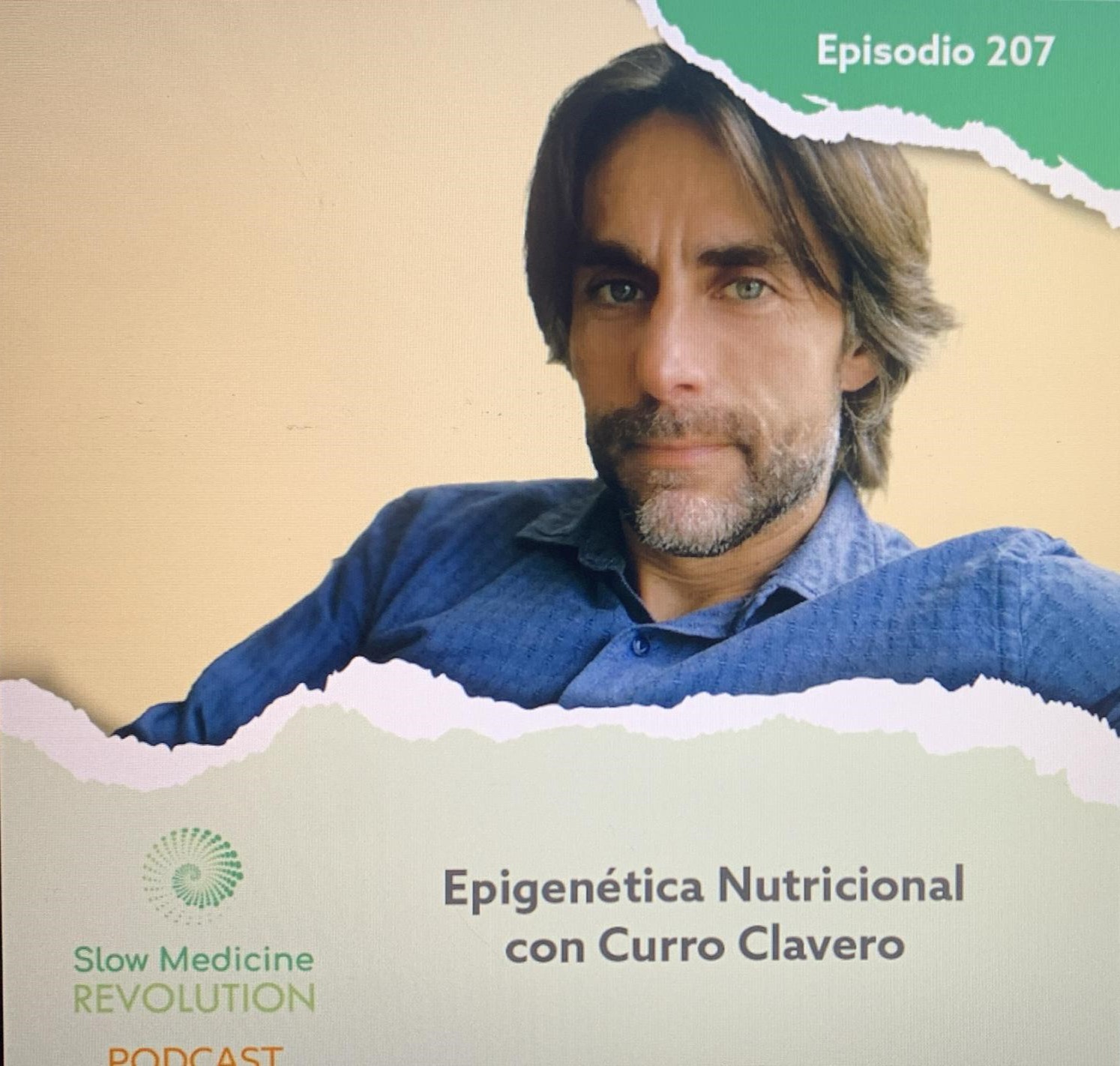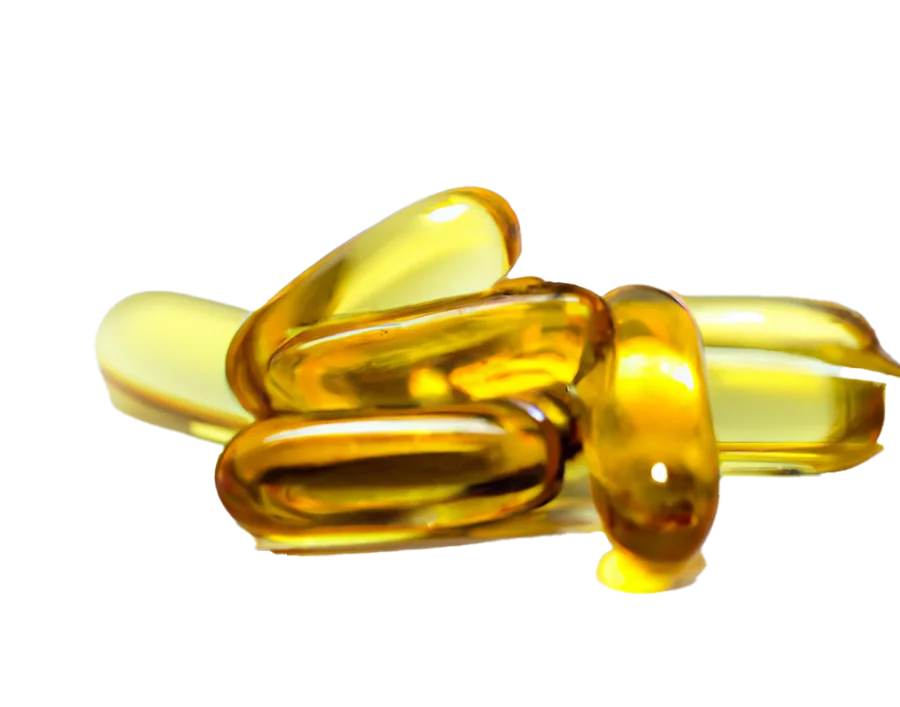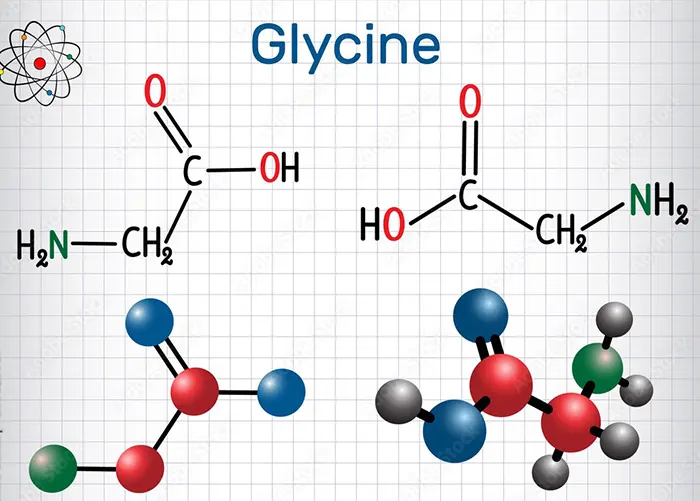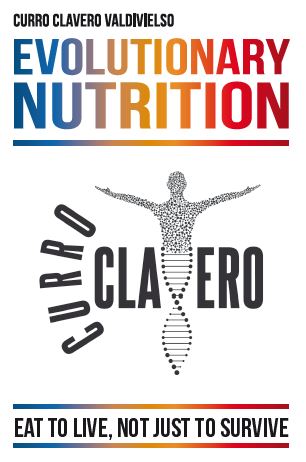Following the publication of my new book, Epigenetic, nutritional, several people have asked me about the α-ketoglutarate (AKG, for its acronym in English), a molecule to which I dedicate a section within the section dedicated to molecules and nutrients that activate tumor suppressor genes.
I was surprised that this molecule has generated more interest than other supplements. It is true that in the book, I discuss their role as epigenetic: how to power the activity of protective genes against cancer, stabilizes the genome, maintains healthy cells and prevents the uncontrolled proliferation typical of the tumors. However, also analyze other compounds with similar functions.
I think that the curiosity aroused the AKG is due to its unique name, and that it is not as well known as other nutrients that are also treated in the book, such as curcumin, vitamin D, omega-3 fatty acids, selenium, the catechins in green tea or butyrate generated by our microbiotto.
I will take this space on the blog to delve on him, a compound with great potential that deserves more attention. Their impact on the health and epigenetics is not limited to protection against cancer, as recent studies in humans suggest that it can reduce the biological age, improving a wide range of markers of health that will be discussed later.
Let’s start at the beginning.
What is the alpha-ketoglutarate?
The AKG is a compound naturally produced by our body which plays a key role in the production of energy.
I’m going to try to explain it in a simple way.
Our cells need the calories of the food (“fuel”: potential energy) into ATP (usable energy) and be able to function. Like a car of the traditional engine needs fuel to “burn it off”, to transform it into the energy and power to move.
In cells, this transformation occurs within the mitochondria, through a series of steps known as the Krebs cycle. In this process, various molecules work together, becoming each other, as parts of a complex machinery. The AKG is one of those key pieces.
For example, in this cycle, a molecule called isocitrate is transformed into AKG, and this, in turn, is converted into succinyl-CoA. In both steps generates NADH, an essential molecule that acts as a ‘delivery truck’.
The NADH carries chemical energy (electrons) from the food molecules to the last stage of the process, where it generates ATP. Without NADH, ATP production in the mitochondria would be impossible. That is to say, without the AKG, there would be no NADH and the process would stop, leaving our cells without the energy needed to perform their functions.
In short:
The calories are the raw material, the ‘fuel’. As the combustion of gasoline produces mechanical energy to move a vehicle, the calories of the food, through metabolic processes like the Krebs cycle (where the AKG is a must), they produce ATP. This ATP is the form of energy that our cells use to maintain essential activities such as breathing, moving or thinking.
Benefits of AKG to human health and aging
In addition to this role is fundamental in the production of cellular energy, which is essential for life, and in the improvement of mitochondrial function, the AKG performs other important functions with a significant impact on the health and aging. We’re going to see them.
Function epigenetic activation of tumor suppressor genes, and enhances the self-renewal cell
The AKG influences the expression of genes by acting as a substrate of enzymes dioxygenases (TET). These enzymes need the AKG to remove marks chemicals in the DNA and the histones, a process that contributes to the reactivation of key genes, such as tumor suppressors.
As a result of this process, the AKG also helps stem cells to maintain their ability to become different cell types, that is to say, it allows them to retain a most primitive state, and flexible, which increases its ‘versatility’. This effect is particularly important in:
- Tissue regeneration and cell repair, accelerating recovery after injury and healing processes.
- Cellular rejuvenation, the restore function in aged cells and help you regain a younger profile and functional.
Antioxidant protection, and reduction of oxidative stress
The AKG acts as an antioxidant by neutralizing the reactive oxygen species (ROS, by its acronym in Spanish), also known as ‘free radicals’), reducing the damage that these molecules can cause to cells and tissues. This effect is especially relevant in the organs and systems with high metabolic demand, such as the mitochondria, and is a key to slow down the processes of cellular degeneration.
In addition, the AKG stimulates the production of glutathione, one of the most potent antioxidants in the body, helping to protect cells from oxidative damage and promoting longevity.
Reduction of inflammation
The AKG can attenuate inflammatory responses excessive in the body by regulating the activity of certain molecules associated with inflammation. This effect is especially useful in conditions such as chronic diseases or situations of cellular stress.
Effect anti-aging and reduction of biological age
The AKG influences biological processes related to aging, helping to prolong life and quality of life in studies with mice and human. This effect is a consequence of the mechanisms already mentioned: improvement of mitochondrial function, reduction of systemic inflammation, oxidative stress and cell senescence, all of them key aspects of the aging process.
Support intestinal health
The AKG can contribute to improve the health of the gut by acting as a source of energy for the cells lining the digestive tract. This effect helps to strengthen the intestinal barrier, preventing problems such as inflammation or infections.
Stimulation of collagen synthesis and protection against degenerative diseases of the joints
The AKG plays a crucial role in the formation of collagen, a protein essential for the skin, bones, and connective tissues. This helps to maintain the elasticity of the skin, loss of bone strength and integrity of the cartilage.
In the context of osteoarthritis, the AKG helps to restore the cartilage matrix, inhibiting the degradation of collagen and promoting the synthesis of new tissues. In addition, negatively regulates inflammatory pathways, which reduces the inflammation and minimize the damage associated with senescence in the cells of the cartilage.
Improves bone health
The AKG contributes to bone health by regulating the levels of calcium in the cells, showing benefits in bone density, especially in cases of bone loss associated with aging or conditions such as osteoporosis. In addition, this compound promotes the activity of the cells responsible for bone regeneration, helping to keep bones strong and healthy.
Promotion of the hydration and the skin barrier
The AKG stimulates the proliferation of keratinocytes, the main cells of the epidermis. In addition, it regulates key genes such as:
- Filaggrin, a protein essential for the formation of the skin barrier and the water retention in the skin.
- Serine palmitoyltransferase, involved in the synthesis of epidermal lipids essential to maintain the skin hydrated.
- Involucrin, a protein that reinforces the structure of the epidermis.
These processes strengthen the skin barrier, making it more resistant to external agents, improve the water retention and help to maintain skin moisturized, soft, firm and flexible.
In addition, clinical studies with topical creams that contain AKG have shown a reduction of wrinkles and an improvement in the texture and elasticity of the skin after continued use.
Improvement of oocyte quality and fertility
The AKG helps to reduce the oxidative damage in oocytes aged to decrease the “free radicals” (ROS). With the passage of time, the oocytes tend to lose the ability to divide properly; in this aspect, the AKG also favors a assembly right of the timethe internal mechanisms of the egg that control cell division.
Both processes are essential to ensure that the oocyte and future ova maintain high quality and feasibility. This benefit has been studied in aged mice, where it was observed an increase in the ovarian reserve and an improvement in early embryonic development. These properties suggest that the AKG could be a promising tool to preserve the fertility in older women, or young people with problems.
Other
- Kidney: it Regulates the acid-base balance in the renal tubules of the kidney and improved renal function.
- Liver: it Reduces ammonia level and maintains nitrogen balance, and protein.
- Heart and blood vessels, Prevents ischemic damage in the myocardium and reduces levels of low-density lipoprotein and cholesterol in plasma.
- Brain: Reduces oxidative neuronal damage and increases the utilization of oxygen and glucose in response to cerebral hypoxia.
- Muscles: Reduces the degradation of muscle proteins, increases strength and muscular endurance, reduces fatigue, improves the regeneration of the muscle-skeletal (especially after injury) and mitigates the atrophies.
Supplementation
The main source of AKG in our body is the endogenous production within the mitochondria for the Krebs cycle, as mentioned at the beginning.
To a lesser extent, can also be obtained indirectly through the diet. Although the food not found in its pure form, can be formed from precursors present in protein foods, as well as tomatoes, mushrooms, pumpkin seeds, spinach and kale (kale). In addition, you can be synthesized from the amino acid glutamate.
However, the levels of alpha-ketoglutarate to decrease with age, as the cellular metabolism becomes less efficient. This reduction contributes to the decline of energy, and the functional associated to aging. Therefore, supplementation with AKG is a very interesting option to maintain their levels in the body and slow down this age-related loss.
Type of supplement
The supplement used, studied, and of the molecule that I’ve been talking about in this article is the calcium alpha-ketoglutarate (CaAKG).
NOT to be confused with:
– Arginine alpha-ketoglutarate (AAKG): vasodilator, putative utility in sporting performance.
– Ornithine alpha-ketoglutarate (OKG): anti-catabolic, used after surgery, to burn, to promote healing, etc,
The three molecules are different, and with different objectives.
Daily dose
The recommended dose is 2 to 4 grams per day. It is better to split the dose in 2-4 shots.
Precautions and side effects
The studies reviewed indicate that the AKG is safe to consume and has no significant adverse effects at the doses investigated, both in animal models and in human trials. In healthy people, studies suggest a profile of favourable safety even at high doses. However, as with any supplement, it is essential not to exceed the recommended dose.
Pregnant and lactating
Following the “precautionary principle”, it is recommended that women who are pregnant or breast-feeding avoid supplementation with AKG until there is more scientific evidence to support their safety in these groups.
Studies consulted
https://www.sciencedirect.com/science/article/pii/S053155652300075X?via%3Dihub
https://pmc.ncbi.nlm.nih.gov/articles/PMC8508957
https://www.aging-us.com/article/203736/text
https://www.sciencedirect.com/science/article/abs/pii/S156816372030372X?via%3Dihub
https://pmc.ncbi.nlm.nih.gov/articles/PMC7645772
https://pmc.ncbi.nlm.nih.gov/articles/PMC7884030
https://www.sciencedirect.com/science/article/abs/pii/S0303720723000862?via%3Dihub
https://onlinelibrary.wiley.com/doi/10.1111/jocd.14635
https://pmc.ncbi.nlm.nih.gov/articles/PMC11561675
https://www.nature.com/articles/s41420-023-01475-1#Sec10
https://pmc.ncbi.nlm.nih.gov/articles/PMC4336218/https://pmc.ncbi.nlm.nih.gov/articles/PMC3229304/
https://pmc.ncbi.nlm.nih.gov/articles/PMC11597751/#sec4-nutrients-16-03968

